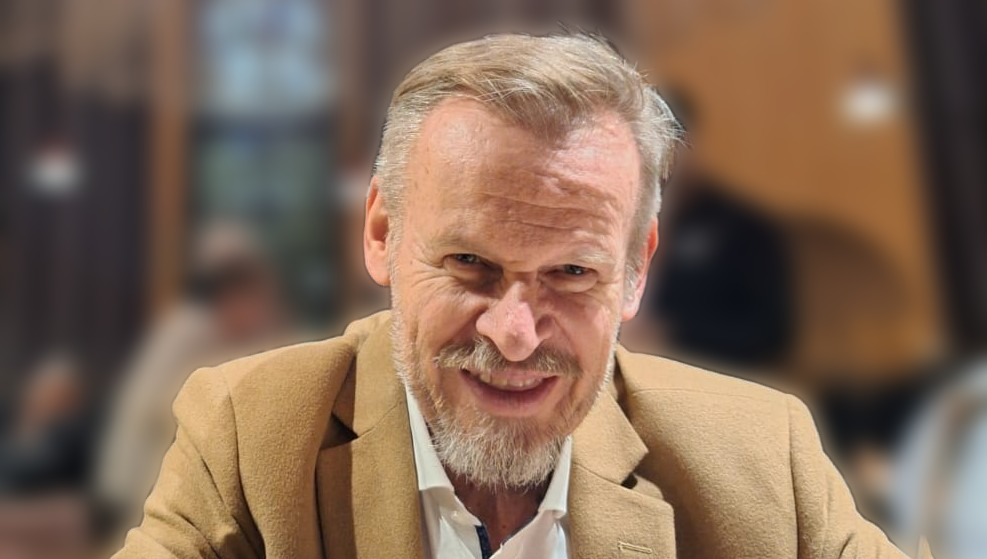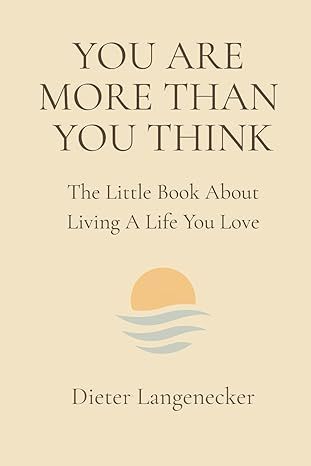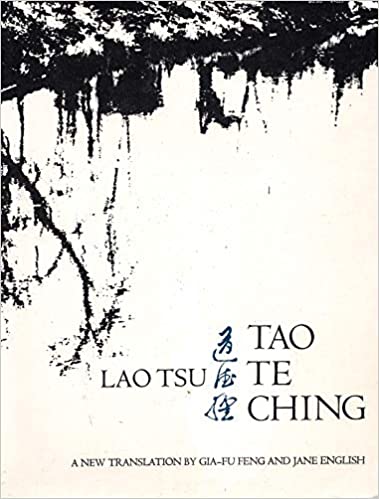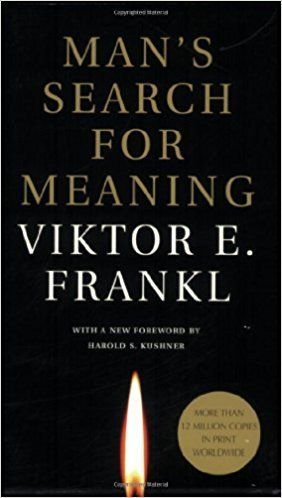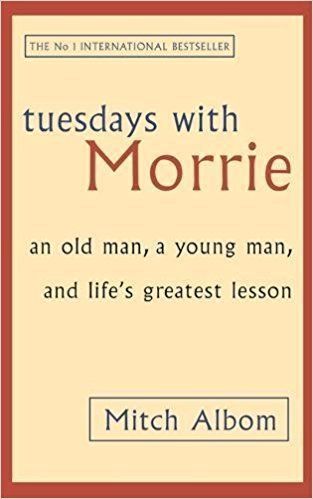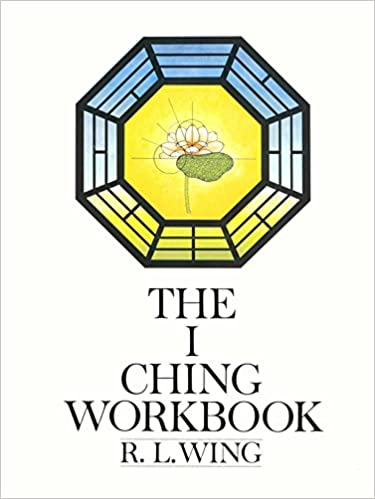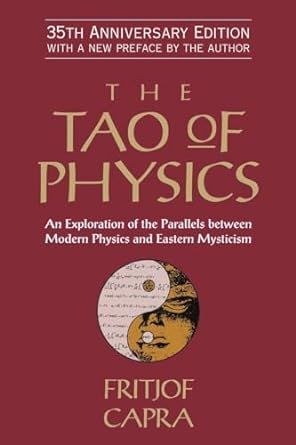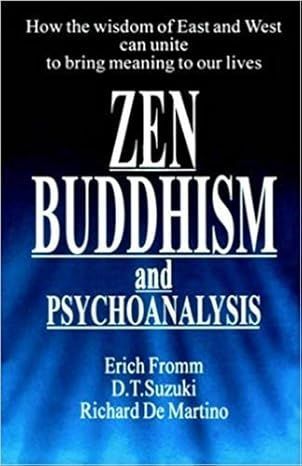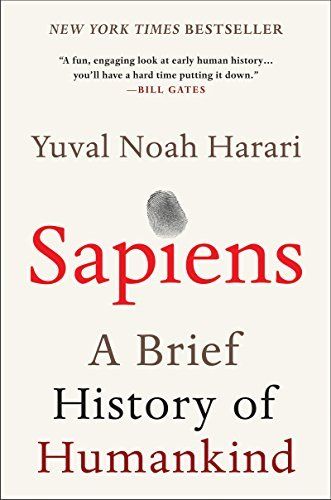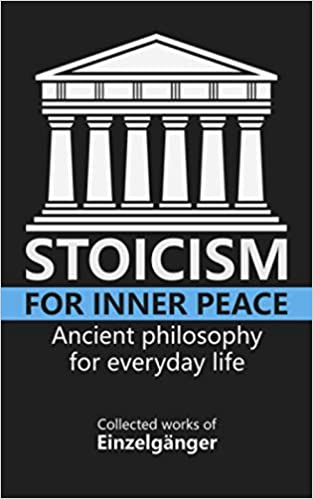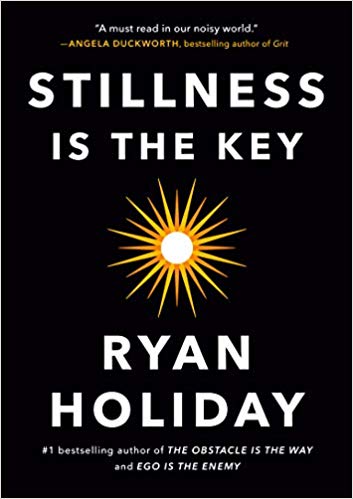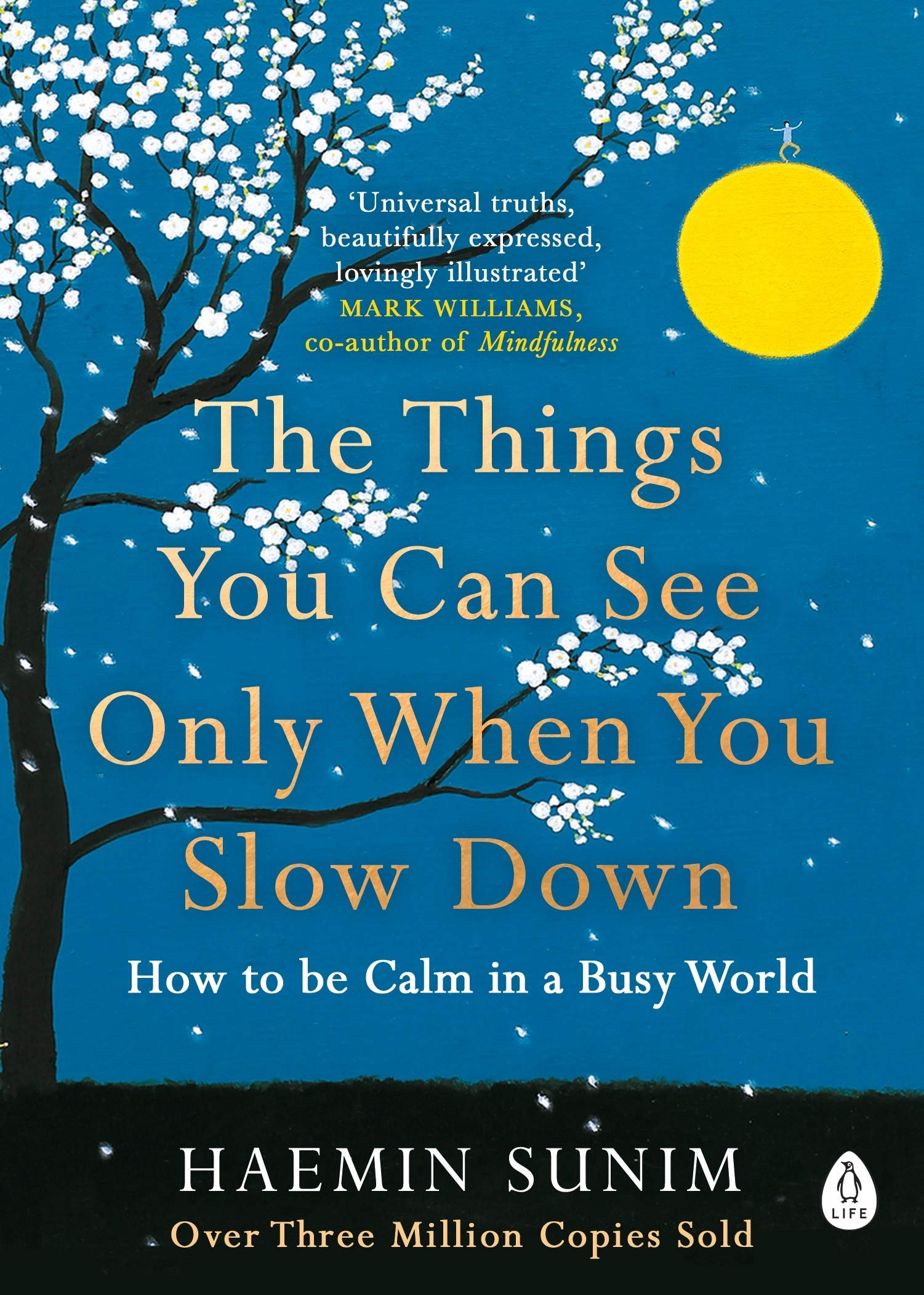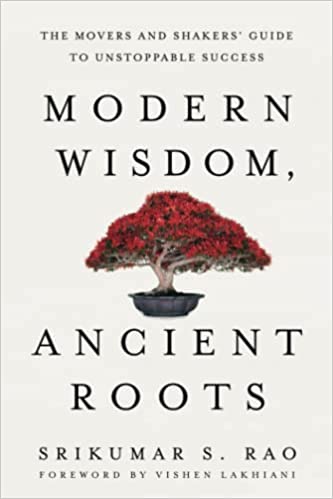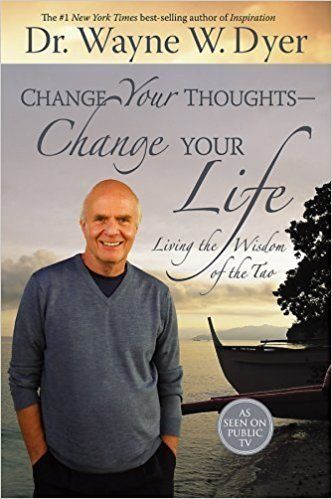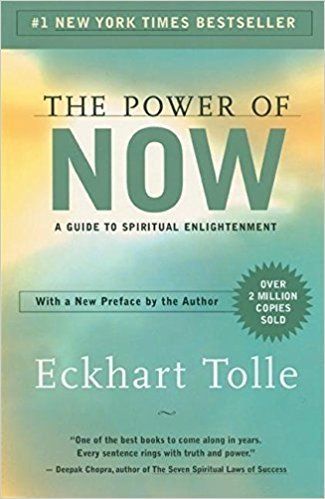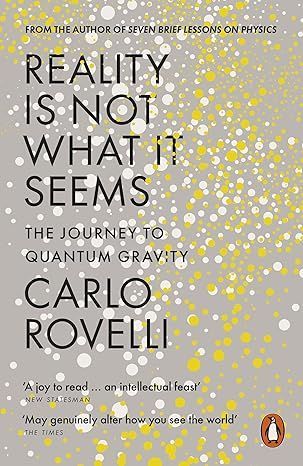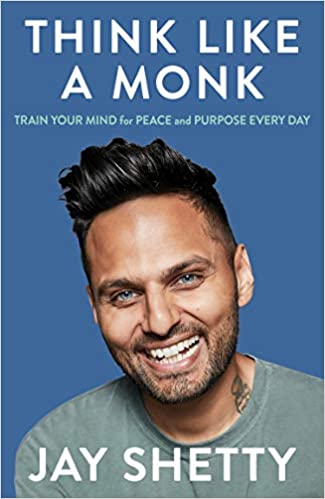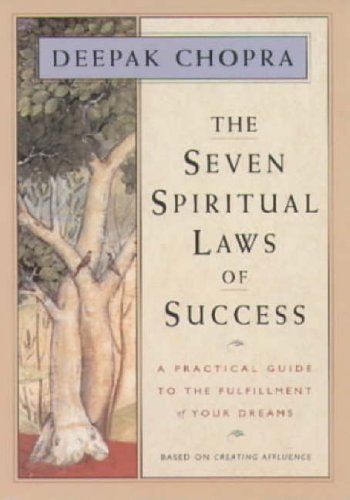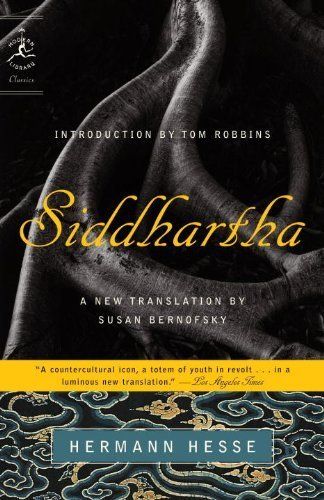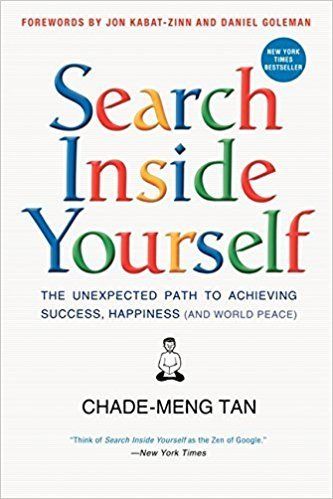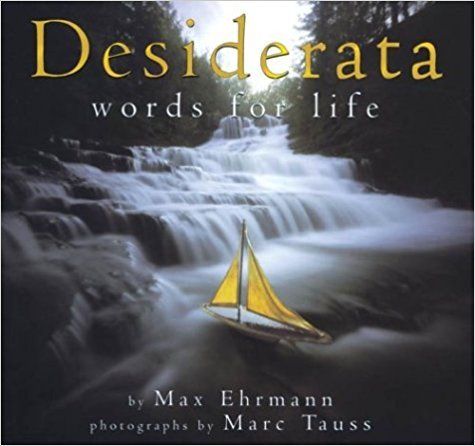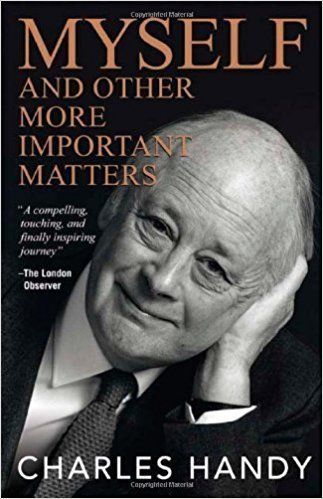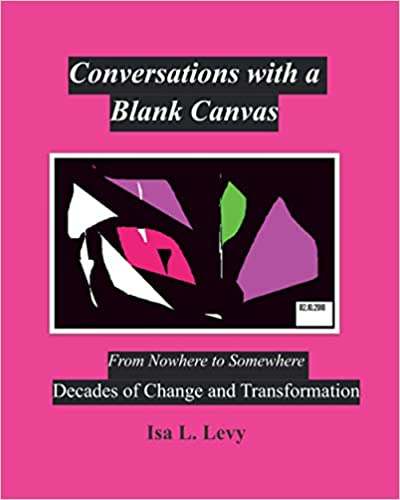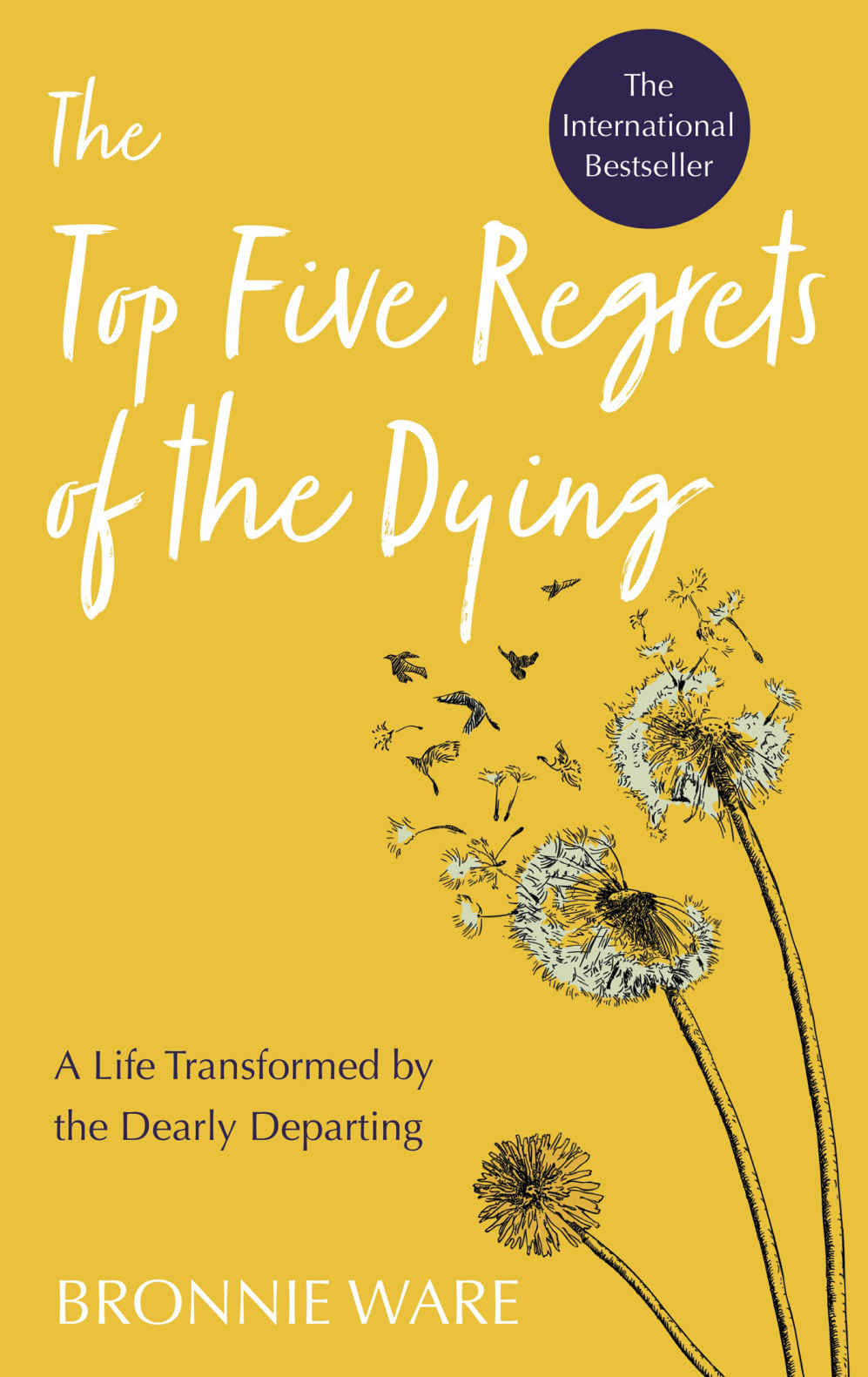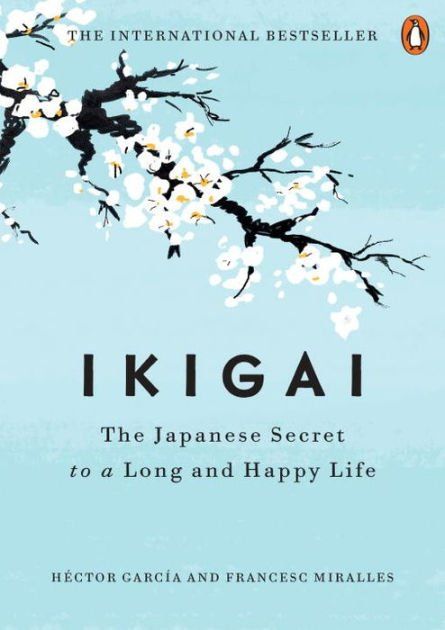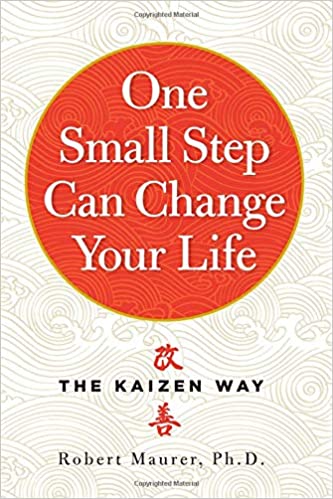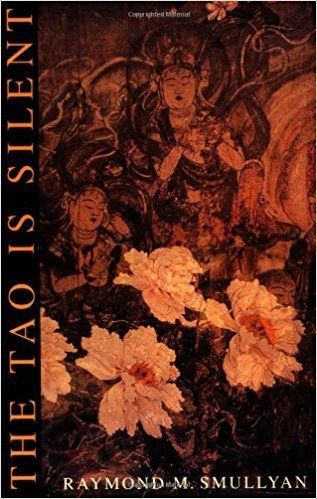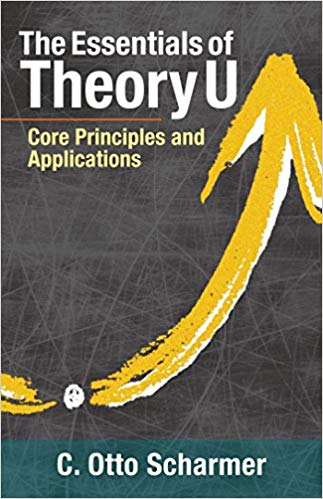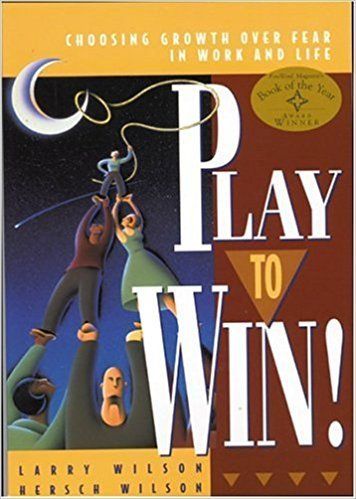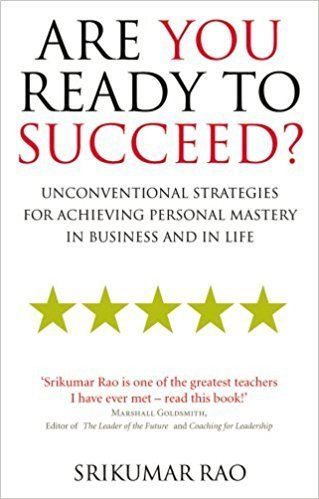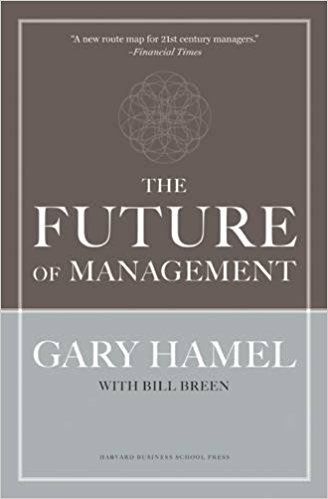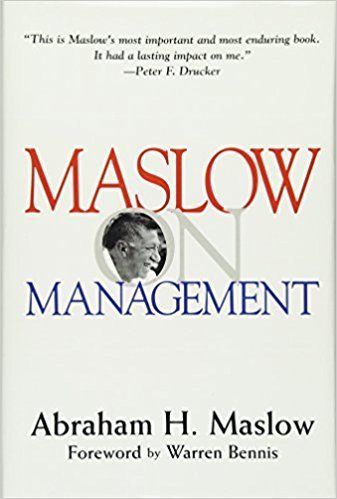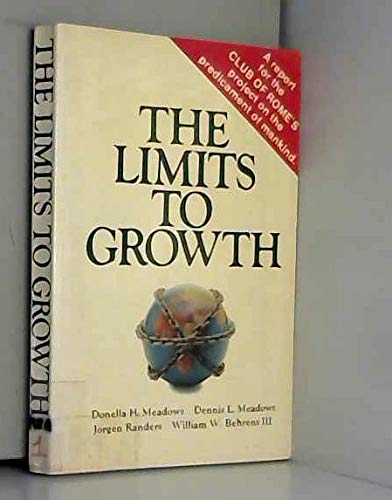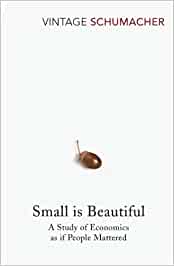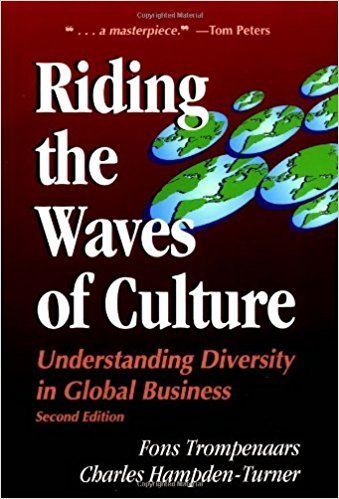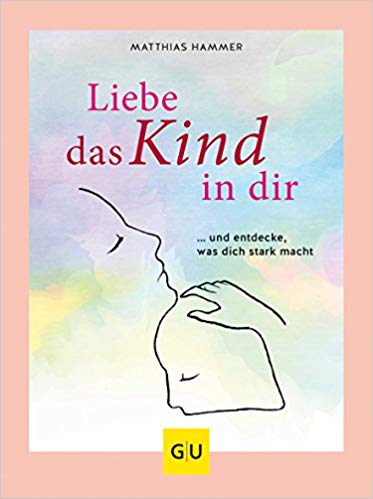My PersonalBook Recommendations
Ikigai: The Japanese Secret to a Long and Happy Life (Hector Garcia )
“Only staying active will make you want to live a hundred years.” —Japanese proverb
According to the Japanese, everyone has an ikigai—a reason for living. And according to the residents of the Japanese village with the world’s longest-living people, finding it is the key to a happier and longer life. Having a strong sense of ikigai—the place where passion, mission, vocation, and profession intersect—means that each day is infused with meaning. It’s the reason we get up in the morning. It’s also the reason many Japanese never really retire (in fact there’s no word in Japanese that means retire in the sense it does in English): They remain active and work at what they enjoy, because they’ve found a real purpose in life—the happiness of always being busy.
In researching this book, the authors interviewed the residents of the Japanese village with the highest percentage of 100-year-olds—one of the world’s Blue Zones. Ikigai reveals the secrets to their longevity and happiness: how they eat, how they move, how they work, how they foster collaboration and community, and—their best-kept secret—how they find the ikigai that brings satisfaction to their lives. And it provides practical tools to help you discover your own ikigai. Because who doesn’t want to find happiness in every day?
Kaizen: One Small Step Can Change Your Life
A guide to incorporating the ancient Japanese practice of Kaizen into everyday life demonstrates how small changes can have great consequences, and how gradual, gentle steps can eventually lead to worthwhile goals.


